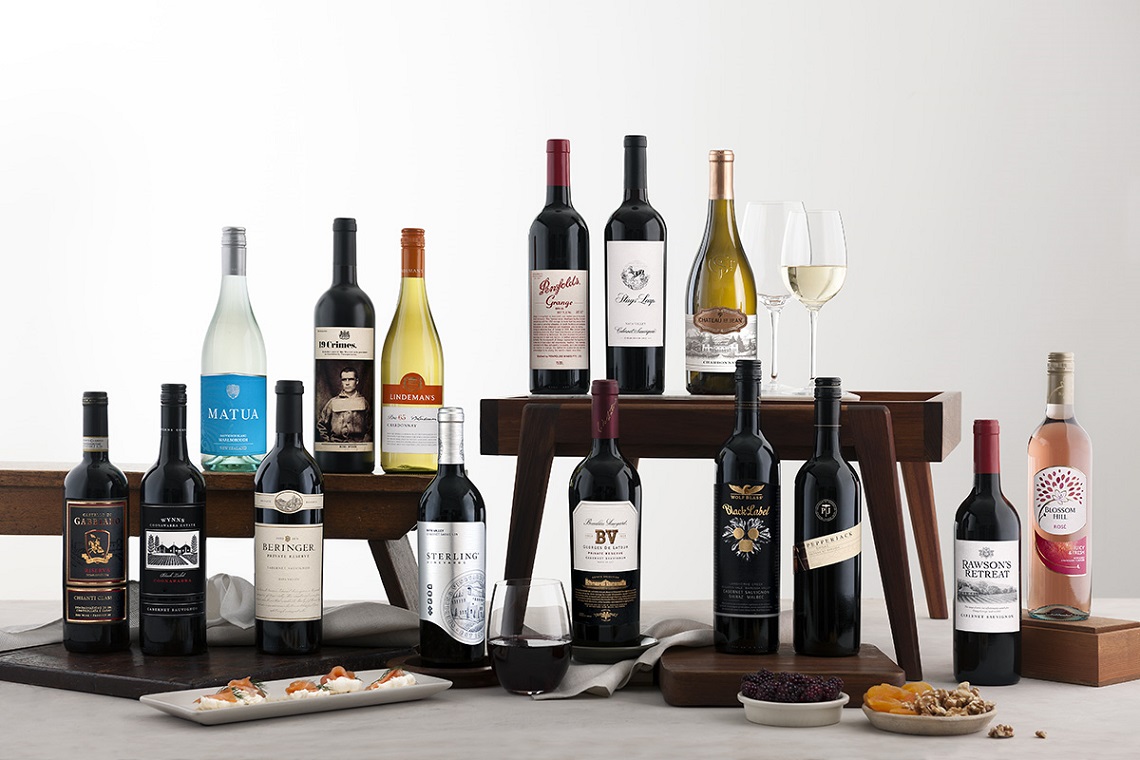Treasury Wine Estates (TWE) has responded to media reports surrounding its operating model in China, saying it is “comfortable with the sustainability” of the model and its inventory levels.
The Australian Financial Review published concerns from Chinese wholesalers who alleged there is a glut of TWE wine in China, in particular on over-supply of Rawson’s Retreat, Wolf Blass and other low-end Berringer wines.
However, TWE Chief Executive, Michael Clarke, has insisted there is not a problem in China and that the complaints about stock levels were simply a “few squeaky wheels.”
In a statement to the ASX, TWE said: “Discipline and sustainability remain the cornerstone of TWE’s growth in North Asia (and globally). The Company actively monitors shipments, depletions and stock levels of its retail and distributor partners.
“TWE cautions reliance on feedback from selected customers in China. The Company’s disciplined and rigorous approach to working with customer partners to sell a portfolio of TWE’s wines, as it does in every region around the world, may underpin motivations for underperforming customers, who are not growing with the Company, to comment publicly.
“TWE Management remains focused on executing and embedding important route-to-market changes in the United States, at the same time continuing positive earnings momentum in ANZ, Asia and Europe.”
Clarke added: “The benefits of our global operating model means that we can allocate luxury wines across regions, channels and fiscal years. This ensures brand scarcity is preserved and luxury wine benefits from further maturation. Therefore, we have flexibility as to when and where this wine is sold in the short to medium term.”
In 2013 TWE destroyed millions of litres of cheap wine in the US as a result of over-ambitious forecasting of new products and distributor logistics.
The Chinese market has come under further scrutiny, with reports that China’s customs authorities are putting Australian wine and other products under heavy scrutiny, which is resulting in long delays for shipments to clear ports.
TWE confirmed yesterday that it has experienced delays in some of its Australian shipments being cleared by the General Administration of Customs China.
Speaking during a visit to China yesterday, Trade Minister Steve Ciobo said he had spoken to Clarke about the issue and described the problem as being “sporadic and not something that’s particularly unique about China.”
He added: “My understanding is that the questions that are being asked relate to certificates of origin. Having had this brought to my attention in the last 36 hours or thereabouts, I’m mobilised, my office has mobilised, the Australian diplomatic mission here is mobilised and we will look at precisely what the situation is and if we can get to the bottom of it.”
TWE added: “As always, TWE continues to respectfully co-operate with authorities and relevant agencies in China to meet all regulatory requirements.
“The Company is seeking greater understanding of new and additional verification requirements which have been applied since April 2018, and seemingly appear to only apply to Australian Country of Origin wines, and to Australian exporters operating ‘warehouse models’.
“TWE is an approved Trusted Trader by the Australian Border Force (Customs), which is recognised by GACC and has no reason to believe that this slowdown will be a long term issue.”
Meanwhile IBISWorld Senior Industry Analyst, Andrew Ledovskikh, said that Australia’s wine production industry is not fully prepared for problems with exports being held up in China.
“China is not a bulk wine market like the UK; 75 per cent of all Chinese demand was for bottled red wine. The average price per litre of wine sold in China was often double other established markets, due in part to Chinese respect for the quality of Australian agricultural products,” Ledovskikh said.
China is expected to be responsible for just over 75 per of all industry revenue growth over the five years through 2017-18. Exports are projected to account for over 50 per cent of all industry revenue by 2022-23, up from 36.1 per cent in 2013-14. Export markets are forecast to account for almost 80 per cent of all revenue growth over the next five years.
“As a result, the Wine Production industry cannot afford any trade disputes with China, and will be watching Trade Minister Ciobo’s efforts to resolve the issue very closely,” said Ledovskikh.

